Retro Replay Review
Gameplay
Nat Geo Adventure: Lost City of Z blends classic hidden–object mechanics with light adventure and puzzle elements, making each chapter feel both familiar and refreshingly varied. Players guide Madison through lush Brazilian jungles, ancient ruins, and shadowy caves, clicking on objects scattered throughout detailed scenes. The film-strip interface at the bottom of the screen lists required finds, and clicking an object prompts satisfying visual feedback, keeping the hunt engaging.
(HEY YOU!! We hope you enjoy! We try not to run ads. So basically, this is a very expensive hobby running this site. Please consider joining us for updates, forums, and more. Network w/ us to make some cash or friends while retro gaming, and you can win some free retro games for posting. Okay, carry on 👍)
Zoom windows open when you click on highlighted areas, revealing tighter views that often contain key items. Some finds go straight into your inventory, while four dedicated pocket pouches house tools like the camera, knife, flashlight, and other artifacts. Pouches streamline your toolkit, letting you quickly switch between tools without digging through menus—ideal for when you suddenly need to snap a photo of a rare creature or slice through dense foliage.
Interspersed between hidden–object scenes are mini–games that break up the clickfest with hands–on puzzles. You’ll arrange stones on a grid, manipulate ancient mechanisms, place pins on a map to chart Madison’s course, and insert keys in the correct order to unlock stone doors. The hint system, integrated into a GPS device, places a beacon near elusive items while showing list icons—but it requires a brief recharge, so strategic use is key.
Graphics
The game’s visual style shines with richly painted backgrounds that capture the vibrant hues of Brazil’s rainforests and the moss–covered grandeur of long–forgotten temples. Each scene feels alive: foliage rustles, water trickles, and the interplay of light and shadow in dim caves is rendered with care. These details make the hidden–object hunts feel like exploring a real archaeological dig site.
Cutscenes incorporate footage from the National Geographic documentary that inspired the game, adding authentic wildlife shots and historical context. While the transition between 2D art and live action can feel abrupt at times, it lends a semi–educational touch that reinforces the brand’s identity. The art team clearly studied real excavation sites, and many artifacts on screen closely resemble items found in archaeological expeditions.
Character models, though not the focus, are detailed enough to convey Madison’s determination and occasional frustration. Environmental lighting reacts realistically when the flashlight tool is used, spotlighting hidden corners and enhancing immersion during night–time sequences. Overall, the graphics strike a fine balance between stylized illustration and documentary realism, serving both gameplay clarity and visual appeal.
Story
The narrative thrust of Lost City of Z centers on Madison’s daring quest to find her sister Abby, who vanished while working with National Geographic in Brazil. This personal motivation gives the hidden–object framework a meaningful through-line: every artifact uncovered and puzzle solved brings Madison—and the player—closer to unraveling a family mystery entwined with ancient legend.
As Madison pieces together notes, photographs, and journal entries, the story deepens with hints of local folklore and colonial history. Each chapter drops breadcrumbs—cryptic symbols, half-buried idols, and whispered tribal lore—teasing the existence of the fabled Lost City of Z. The pacing is deliberate: you’ll spend time scouring every nook before advancing the plot, which may frustrate players seeking nonstop action, but fans of methodical exploration will appreciate the atmosphere.
Cutscenes featuring actual documentary footage add authenticity but occasionally interrupt the flow of the narrative, reminding you you’re playing an edutainment title. Still, this interweaving of fact and fiction enhances the sense that you’re part of a real expedition. By the time Madison steps into the final chamber of the Lost City, the payoff feels earned, combining personal closure with archaeological wonder.
Overall Experience
Nat Geo Adventure: Lost City of Z offers a thoroughly satisfying hidden–object experience for fans of both casual puzzle games and light adventure titles. Its moderate difficulty curve makes it accessible to newcomers, while its variety of mini–games and tools keeps seasoned players on their toes. The GPS hint system is forgiving yet demands judicious use, preserving the challenge without causing too much frustration.
The game’s presentation—blending painted art with documentary footage—creates an atmosphere that is both educational and entertaining. Although transitions between art styles can feel jarring, they underscore the National Geographic partnership and lend credibility to the setting. Sound design, from ambient jungle calls to the click of inventory items, further immerses you in Madison’s journey.
Ultimately, Lost City of Z stands out as a polished hidden–object title with meaningful story beats and varied gameplay mechanics. Whether you’re drawn by the archaeological theme, the engaging puzzles, or the promise of uncovering a legendary city, this game delivers a rich, exploratory experience. It’s a solid pick for anyone looking to combine casual puzzle enjoyment with a dash of adventure and real-world intrigue.
 Retro Replay Retro Replay gaming reviews, news, emulation, geek stuff and more!
Retro Replay Retro Replay gaming reviews, news, emulation, geek stuff and more!
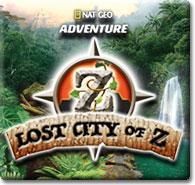
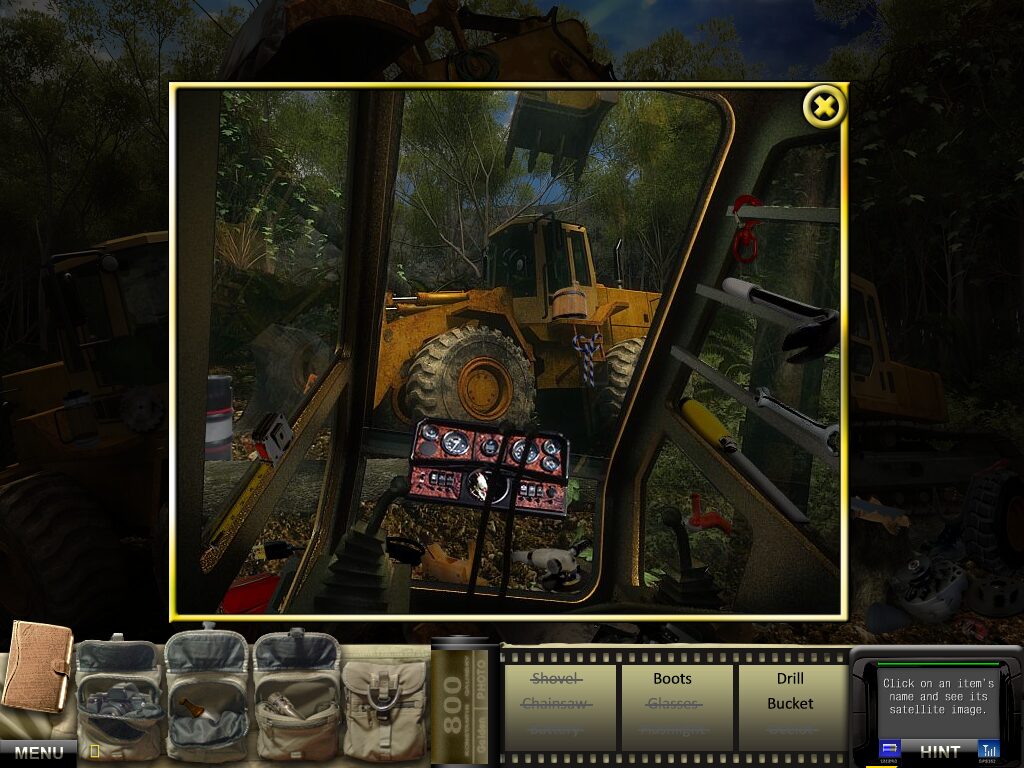
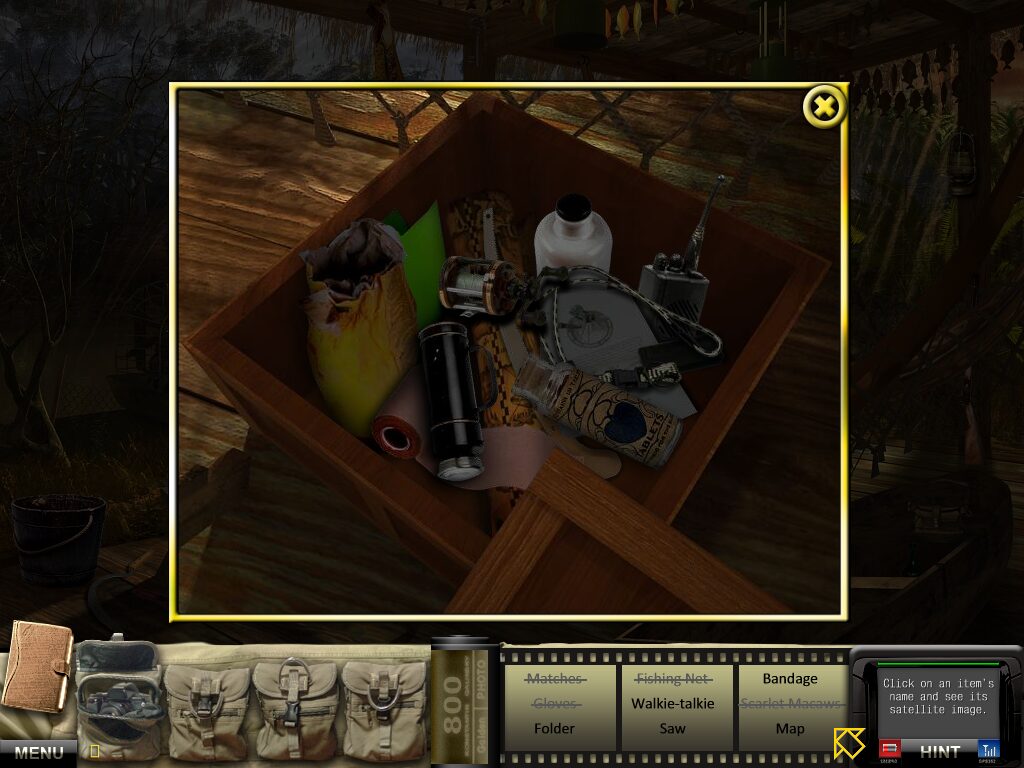
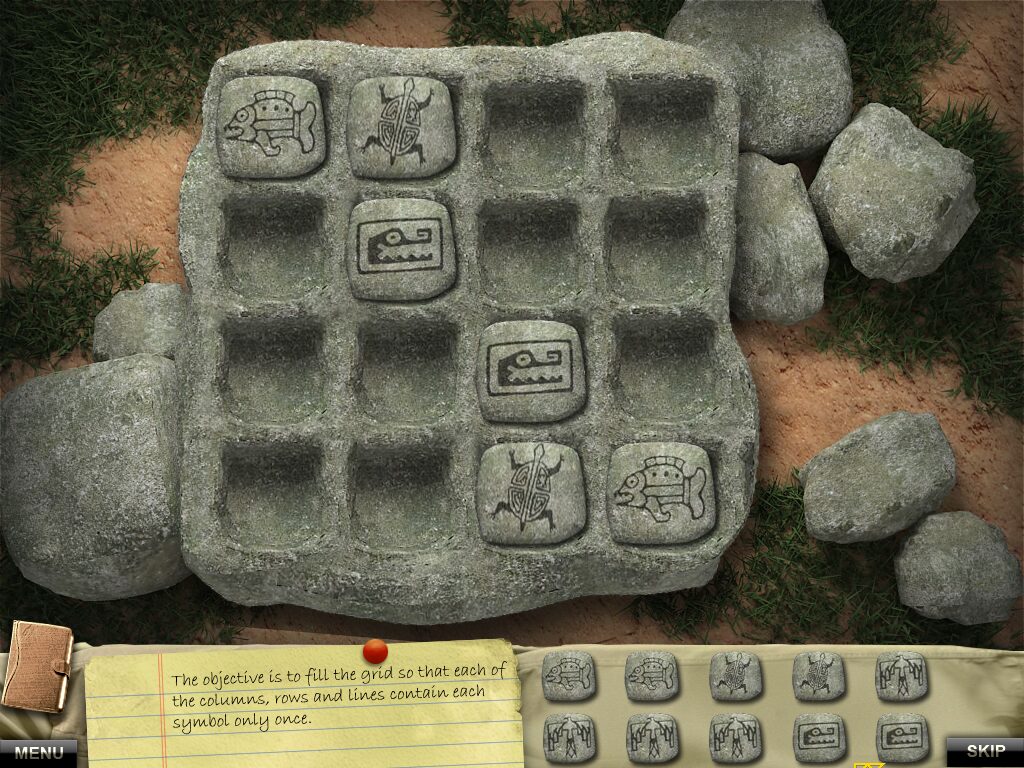
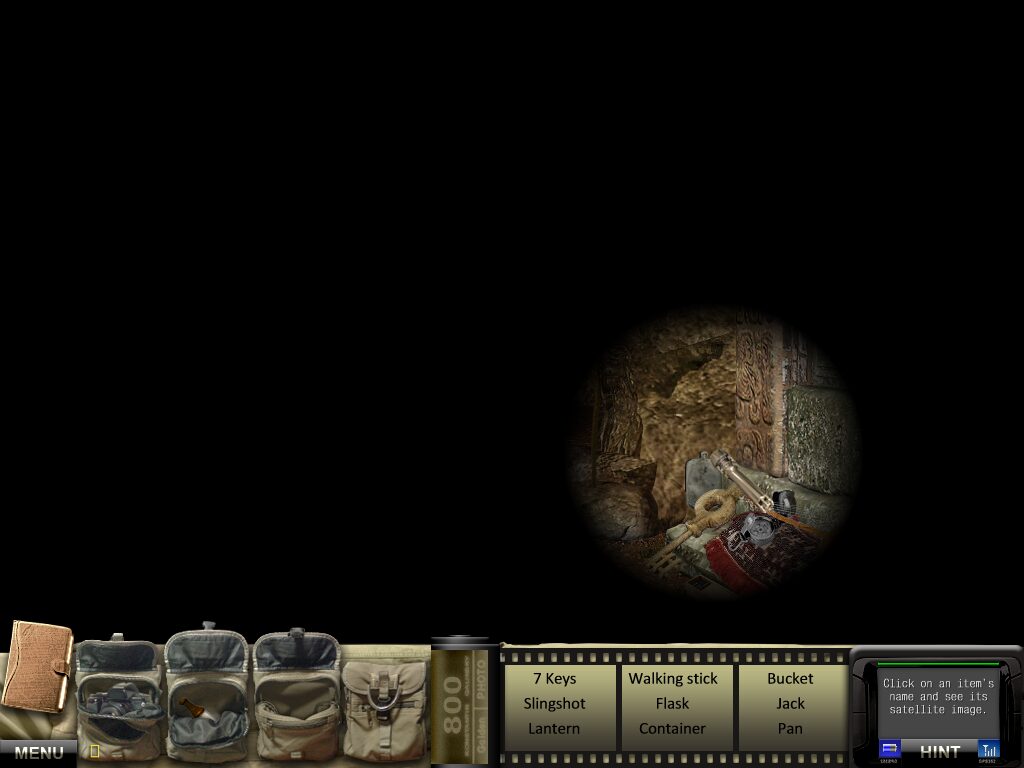
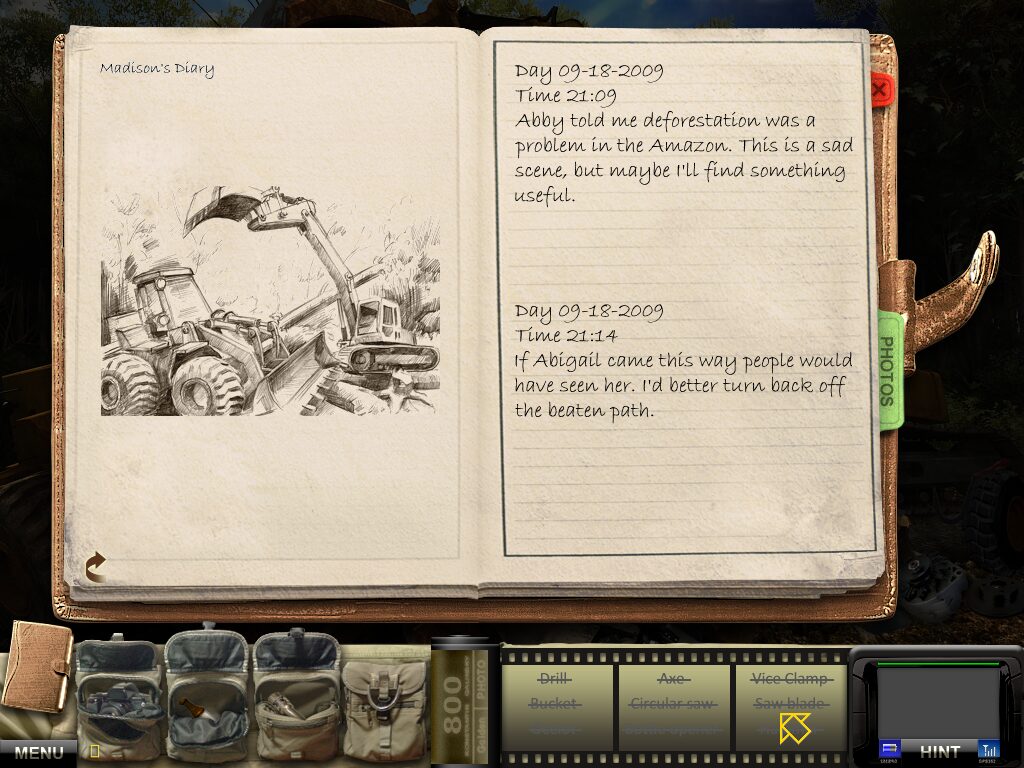



Reviews
There are no reviews yet.